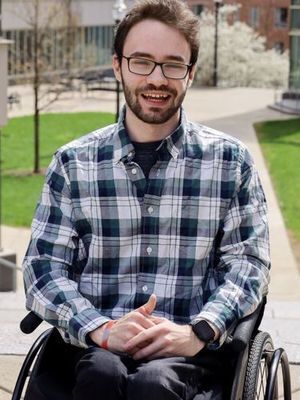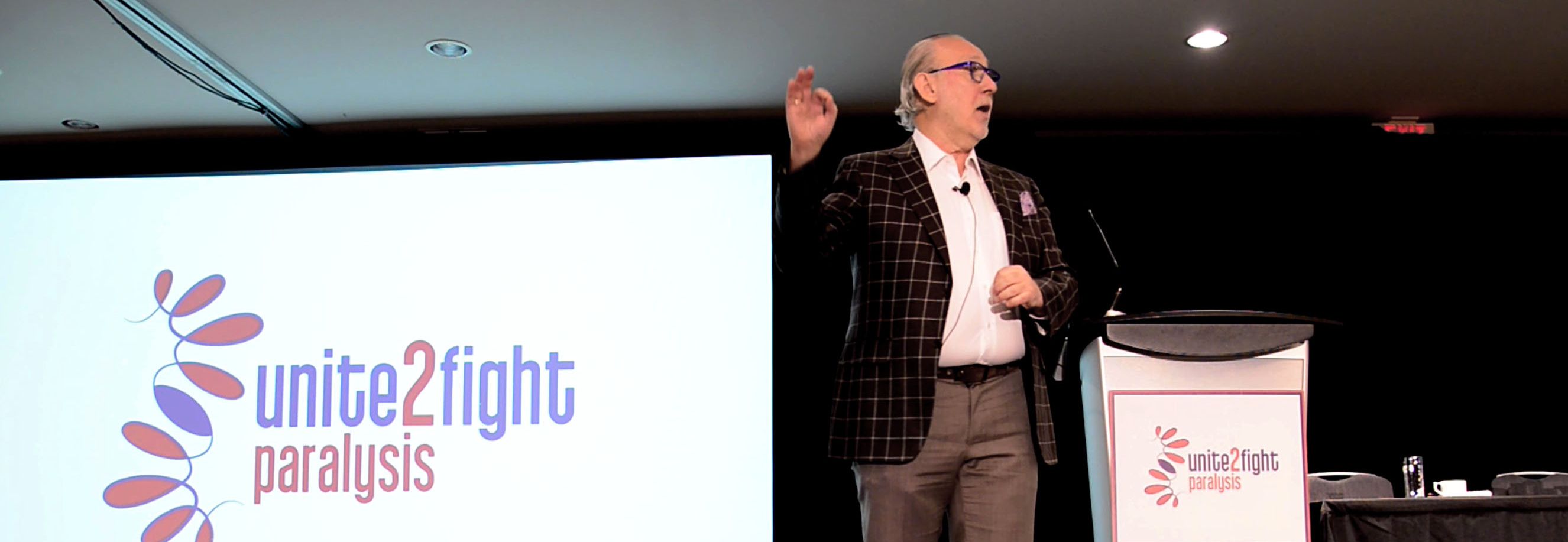
Jason Biundo
Research Assistant, The Zhigang He Laboratory, Boston Children’s Hospital / Harvard Medical School
Abstract
Community Engagement Is Essential for Productive and Meaningful SCI Research
There is a general frustration among the spinal cord injury (SCI) community about the lack of noticeable progress for treatments that would improve key quality of life factors like secondary complications of paralysis. Furthermore, a tension exists between the goals of the SCI community and the career goals of researchers due to pressure for positive results and funding that prioritizes new and exciting projects over practical issues that would address immediate concerns. Involving people with spinal cord injuries and other stakeholders (including caregivers and family) can help to bridge the gap between the SCI community and researchers. The SCI research field has begun to endorse the concept of authentic stakeholder engagement, but research should always be conducted in partnership with people living with and affected by SCI. My position as both a researcher and a person with lived experience gives me a unique ability to advocate for research that would help the community the most, while also being realistic with the scientific feasibility of the projects. Serving on a consumer advisory board organized by the North American SCI Consortium, I worked with fellow researchers and a diverse group of other individuals living with SCI to design new outcome measures for clinical trials focusing on functional movements. Using what I learned working with the advisory board, I was able to influence my lab to explore different outcome measures in our own studies with animal models. Stakeholder engagement should become the standard for all research projects, and will lead to more relevant research, increased community trust in the research system, and potentially better outcomes overall.
Bio
Jason Biundo obtained a dual degree in Neuroscience and Biology from the University of Massachusetts Amherst where he completed his honors thesis developing new technologies for use in neuroscience research. Jason also completed a summer research fellowship at Carnegie Mellon in computational neuroscience studying the physiology of Parkinson’s disease. In October 2019, Jason’s life was forever altered when he suffered a severe T-12 spinal cord injury as a result of a rock climbing accident. After months of recovery, Jason returned to UMass to complete his degree and graduated on time. He has since transitioned his research interests to the SCI field and has begun working in Zhigang He’s lab at Boston Children’s Hospital / Harvard Medical School. Jason is a strong advocate for the SCI community to be involved in the research process and has used his personal experience to provide feedback and recommendations for research and other projects.






















